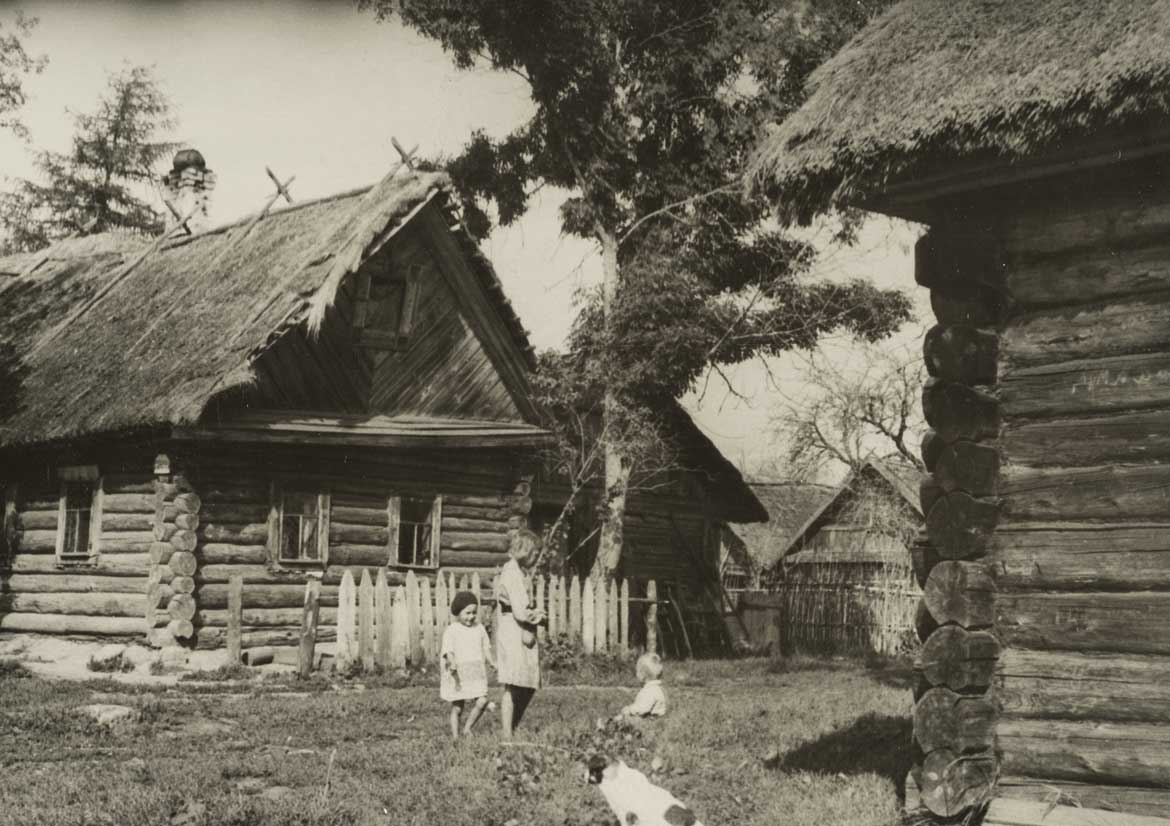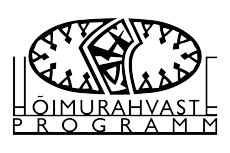Tšülöttäni, lidnottani
(Swinging Song)
Minni Oras and choir
In Votian
Tšülöttäni, lidnottani,
maa parassa paikottani,
pant’ on paikalõ üväle,
säättü maalõ veerozallõ,
sui pantu sulaa mereese,
päi päivää nõisõmaasõ.
All on järvi, pääll on nurmi,
päällä nurmõõ pähtšenikko,
tšehsenä üvä tšüläni,
tšülässäni tšülmä johzõb,
maassani vesi makõa,
kalad kaivoza kutõvad,
lahnad lauta salvamiza,
avvid add’aa seipäizä.
In English
My village, my town,
The best place in the world
Has been set in a good spot,
Has been placed on a round slope,
Its mouth in the melted sea,
Its head towards daybreak.
A lake below, a meadow above,
A hazel grove on the meadow,
My good village in the middle,
A spring runs through the village,
Sweet water from the ground,
Fish spawn in the well,
Bream in the cowshed beams,
Trout in the fence pickets.
The song praises the singer’s beautiful village, which is set in the best high spot and which offers everything in abundance—there’s a lake near the village, a hazel grove, a freshwater spring and plenty of fish everywhere.
According to the transcript of Borenius, the singer from Mati (Mattiya) village has said that the song was sung on troitsa, Pentecost (see Tulkaa, tüttäred tulõllõ ’Come, girls, to the bonfire...’). Praising one’s village is one of the themes of songs sung at the ritual bonfire, but it is also suitable for singing on the swing. In the flickering light of village bonfire or looking from a swing high up, one’s home appears especially beautiful. Home is also praised in Estonian swinging songs.
The song’s melody is categorised as a swinging melody and is very similar to North-Estonian, especially Virumaa County’s swinging melodies.
T M 60–70-aastane laulja, Mati (Axel August Borenius-Lähteenkorva 1877, SKVR IV3 4680, Rüütel 1977: 232).
T Anna Ivanovna, Peen-Rudja (August Ahlquist 1854–1855, SKVR IV3 4654).

Children on a street in Mati (Mattiya) village. Photo: I. Talve, 1942 (ERM Fk 1004:40).





